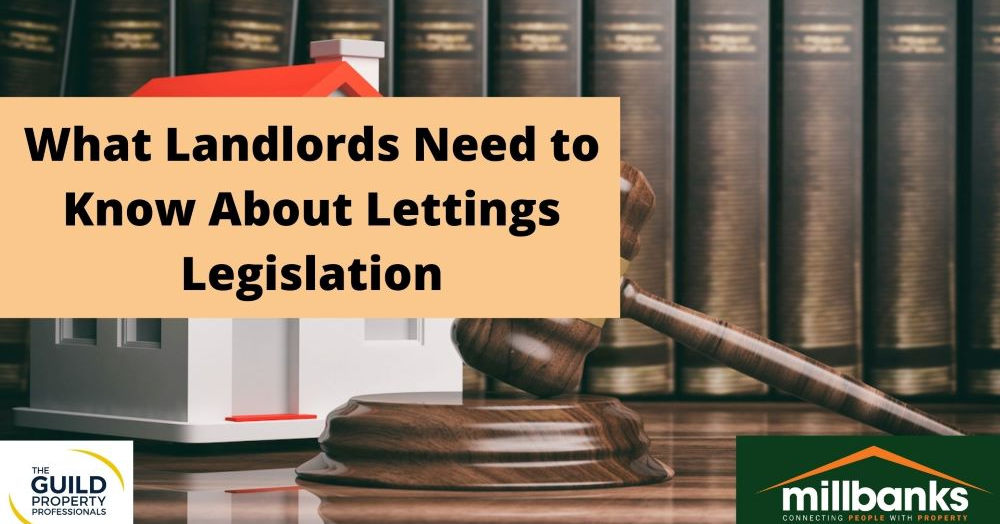Being a landlord can be a tricky business.
There are more than 300 different pieces of legislation covering the how, why, and when of managing a rental property. And they are constantly evolving and being amended.
Ignorance of the rules is not a defence if you get in trouble. And it can be serious trouble, including hefty fines and, in extreme cases, even imprisonment.
Here are just four that landlords often fall foul of.
Electrical safety regulations
In June 2020, strict rules about electrical testing for new tenancies in rental properties came into force with the introduction of Electrical Inspection Condition Reports (EICRS). Inspections must be carried out by a qualified person on all fixed electrical installations.
Since 1 April of this year, it also came into force for existing tenancies. A professional with an industry-recognised apprenticeship or Level 3 Certificate in Installing, Testing and Ensuring Compliance of Electrical Installations in Dwellings must carry this out. Any issues must be resolved, and the tenant must receive a copy of the inspection report within 28 days.
Here is a link to the full Government guidelines around electrical standards for rental properties in England. https://tinyurl.com/33mfum2u
Deposit protection
In England, Scotland, and Wales, the deposit must be registered with a deposit protection scheme. The 2021 UK Landlord Survey found that 81% of landlords find registering their deposits difficult.
The deposit must be registered within 30 days of receiving cleared funds. The schemes are government-approved, and the tenant must be informed where the money is deposited.
Energy performance certificates
Every rental property in the UK has to have an Energy Performance Certificate (EPC). They are stored on an electronic register that is publicly available. However, they also have to be included in any advertising you do for your property.
Gas safety check regulations
If you have gas going in to your rental property, all appliances, pipework, and flues must be checked annually.
As for the electrical safety tests, ensure that you use a qualified engineer and don’t plump for the cheapest. The report must be given to the tenant within 28 days as well.
TOP TIP: As with any time you need to visit, or arrange a visit to the property, make sure you give the tenant at least 24 hours’ notice. Keep a record of having given notice. If the tenant refuses access, you’ve then got the evidence that you tried.
If you’re a landlord in Attleborough and need help with all the rules and regulations you need to abide by, get in touch with our expert lettings team.
We know how to keep you on the right side of the rules and regulations affecting your rental investments.

